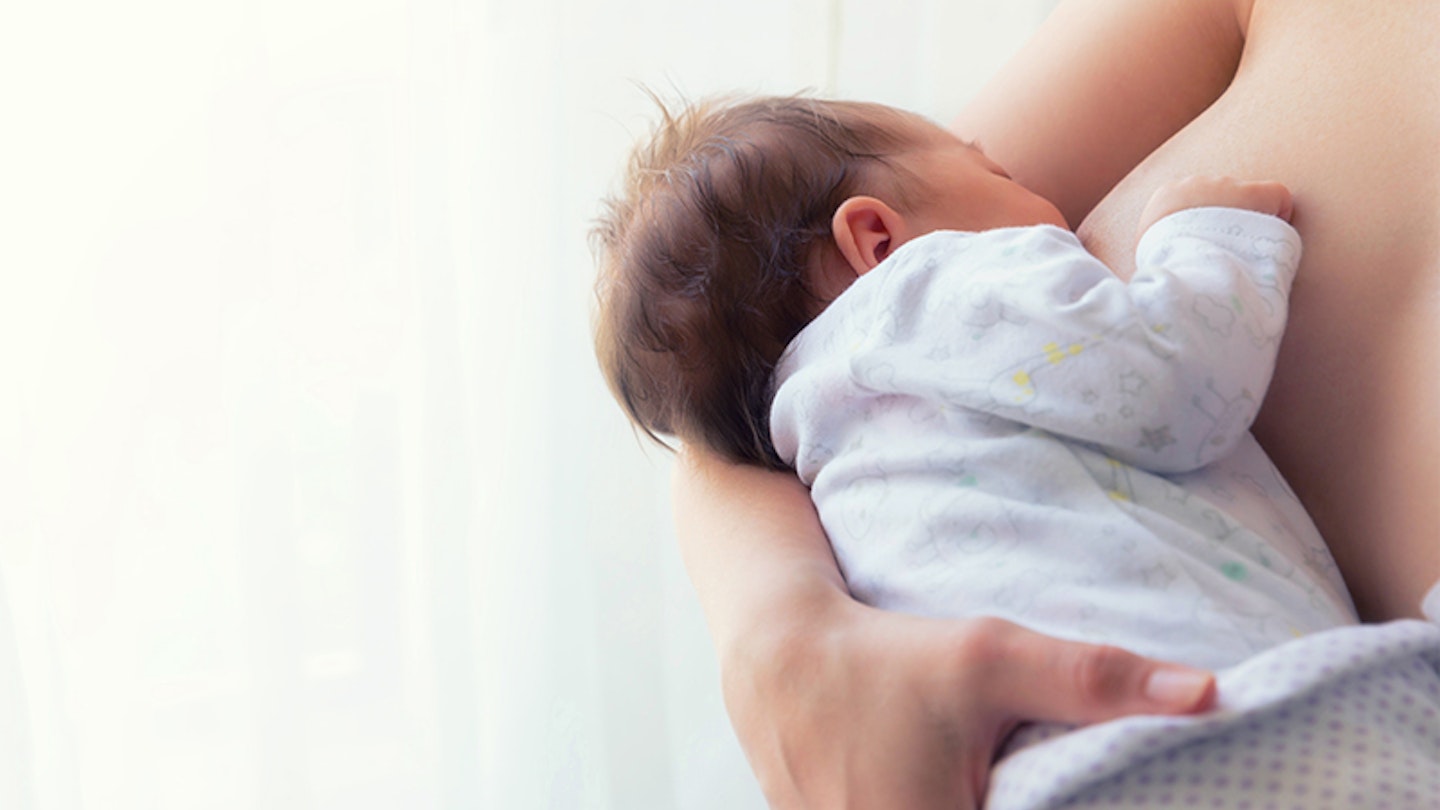We already know that breastfeeding can have many wonderful benefits and it is the ideal start to your little one's life.
It isn't always easy, but there are certain breastfeeding tips and tricks that experts want you to know that can make breastfeeding that little bit easier.
While some of the magical secrets of breastmilk are still unknown and under-researched, there are a few things that we do know about breastmilk which might surprise you.
We spoke to a breastfeeding counsellor, to find out the best breastfeeding facts they have learnt along the way that they love to share with her NCT classes.
15 amazing breastfeeding facts:
Amazing breastfeeding facts
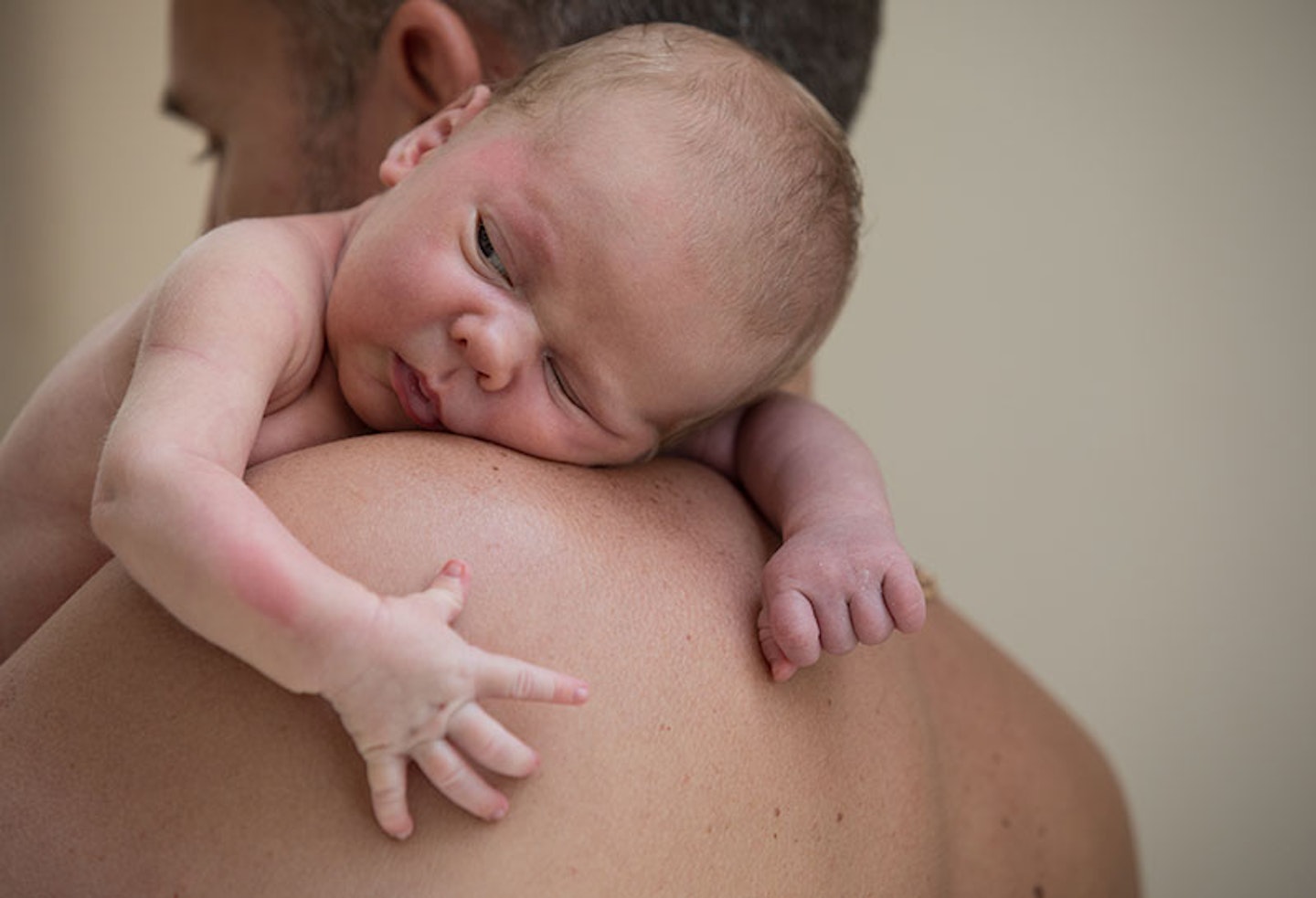 1 of 15
1 of 151) Struggling to settle your newborn? Get Dad involved
If you are struggling to settle your baby, it might be because newborns have a strong sense of smell and know the unique scent of your breastmilk which could be distracting them and preventing them from falling asleep. Sometimes dads can feel left out if their partner is breastfeeding so this is the perfect time to get them involved! Dads are often better at settling their little ones because they don't give off hormones or the smell of breastmilk meaning the baby will find it easier to switch off and drift off to sleep.
 2 of 15
2 of 152) Kissing your baby can change your breastmilk
When you have a baby there is always a strong urge to kiss their squishy little face. Turns out there is no need to resist that urge because kissing your newborn can boost their immune system. When you kiss them, you body is detecting the pathogens on their skin which are then transferred to your lymphatic system so that you can produce tailor-made milk featuring antibodies to fight any bugs.
 3 of 15
3 of 153) Breastfeeding can make you happier
The reflex which makes the breasts release milk is powered by the hormone oxytocin. This powerful hormone can improve wellbeing, lifts your mood and makes you feel happy and relaxed. Oxytocin is the marvellous hormone which also plays a role in orgasm, giving birth and helping your uterus shrink back its original size.
 4 of 15
4 of 154) Breastmilk contains more than 200 types of sugars
These sugars are not the kind of sugar you have in your tea! These sugars are much more special and in breastmilk they are known as oligosaccharides. We still do not know the function of the majority of oligosaccharides. However, some prevent bacteria from sticking to the wall of your the baby's gut which helps fight pneumonia and sepsis. Other oligosaccharides feed the good bacteria which are important for a healthy microbiome.
 5 of 15
5 of 155) Breastfeeding reduces the risk of certain cancers in mothers
Breastfeeding has been shown to reduce the risk of breast and ovarian cancers in mothers. Even breastfeeding for a short time reduces the risk of breast cancer by 16-24%. Ovarian cancer risk is 24–30% lower in women who have breastfed. Women who breastfeed are less likely to develop type two diabetes, cardiovascular disease and postnatal depression. Breastfeeding mothers are even less likely to be obese later in life.
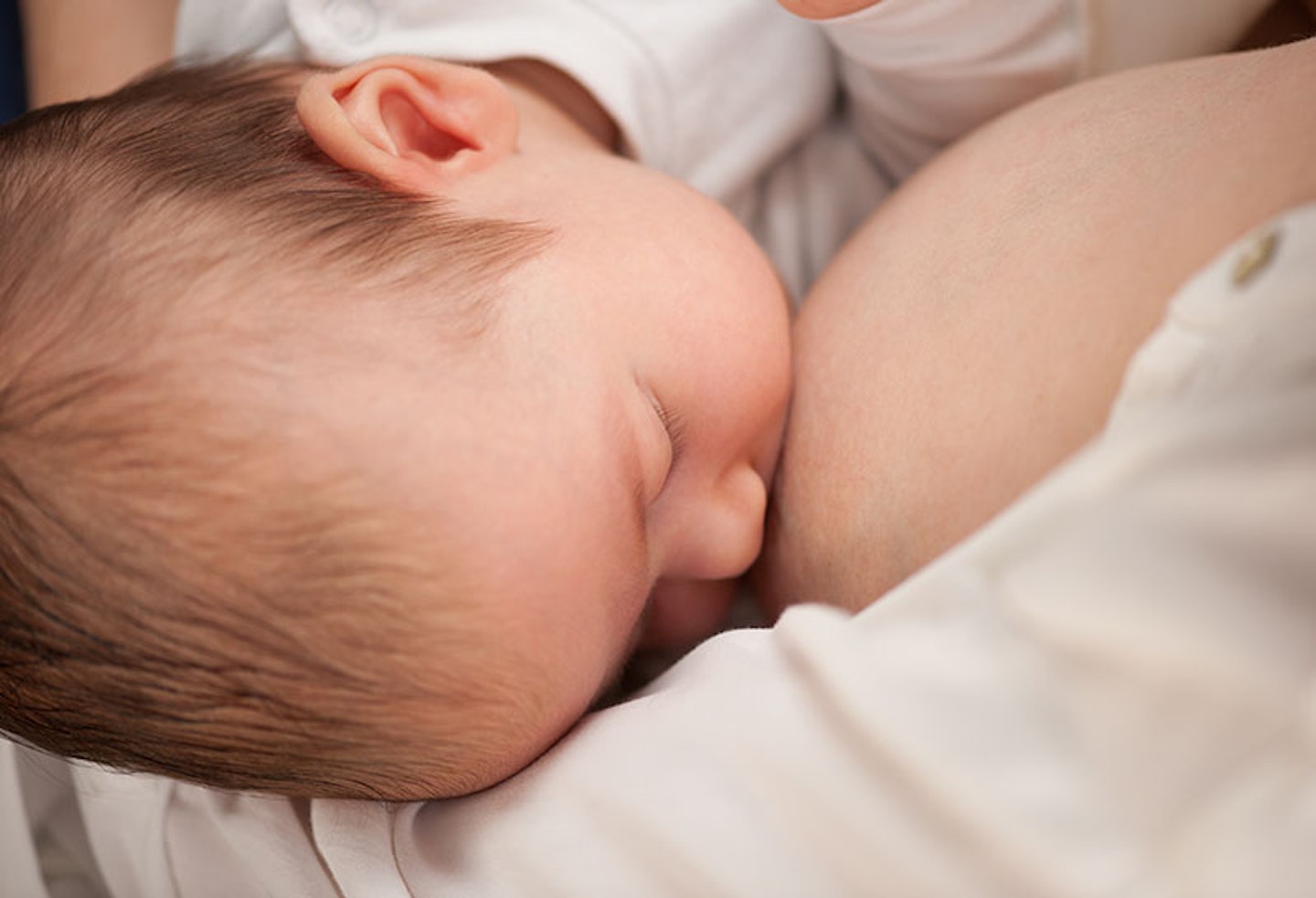 6 of 15
6 of 156) Breastfeeding can neutralise HIV
Certain antibodies in breastmilk have been found to prevent the transmission of the HIV virus. Not all HIV infected mothers were passing the virus to their children via breastmilk and researchers found antibodies and immune cells in breast milk were neutralising and inhibiting the HIV virus.
 7 of 15
7 of 157) Breastmilk is different for boys and girls
The composition of breastmilk (levels of fat, protein, vitamins, sugars, minerals and hormones) varies greatly. However, studies have shown that breast milk is consistently different for boys and girls. Differences in milk might change your baby's behaviour or influence their growth and development.
 8 of 15
8 of 158) Breastmilk has healing powers
We all know that breastfeeding can be painful and it can result in cracked or sore nipples. Breastmilk contains components that fight infection and reduce inflammation or swelling of the breast. If your breasts are sore, putting expressed milk on your breasts or nipples can soothe them and speed up recovery. If that fails, cabbage leaves are an old remedy for relieving swollen breasts.
 9 of 15
9 of 159) Breastfed babies are less likely to get ill
Breastfeeding can lower the risk of ear infections, diarrhoea, and stomach problems. Children who are breastfed even have a lower chance of getting certain illnesses when they grow up such as asthma, diabetes, and childhood obesity.
 10 of 15
10 of 1510) Breastfeeding can burn up to 500 calories a day
Who needs the gym? Breastfeeding burns up to 500 calories a day. Not only that, but breastfeeding uses 25% of the body's energy whereas the brain only uses 20%.
 11 of 15
11 of 1511) Breastfeeding mothers get more sleep
Breastmilk contains the hormone Prolactin which helps induce sleep. When breastfeeding, mothers release this hormone into their own blood stream which means they fall asleep faster and easier after a nighttime feed. It might explain why you feel tired during the day after a feed.
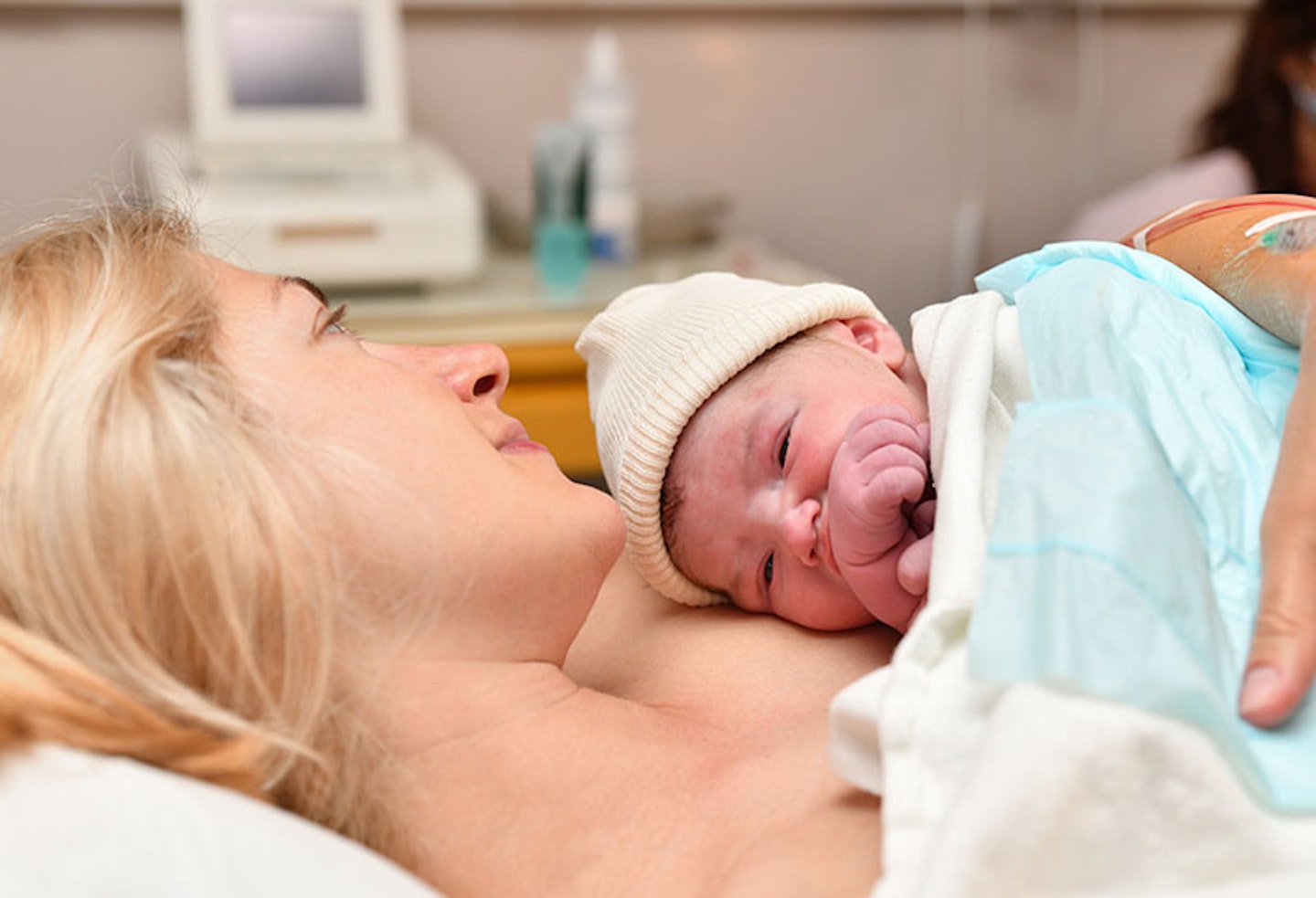 12 of 15
12 of 1512) Babies can find the breast
Every newborn placed on their mother's skin after birth has the ability to find and make their way towards the breast by themselves. A baby's natural instincts help them locate, latch on and breastfeed if they are skin-to-skin with their mother. In an NCT class where the parents were told this fact, they started a competition to find out whose baby found the breast first!
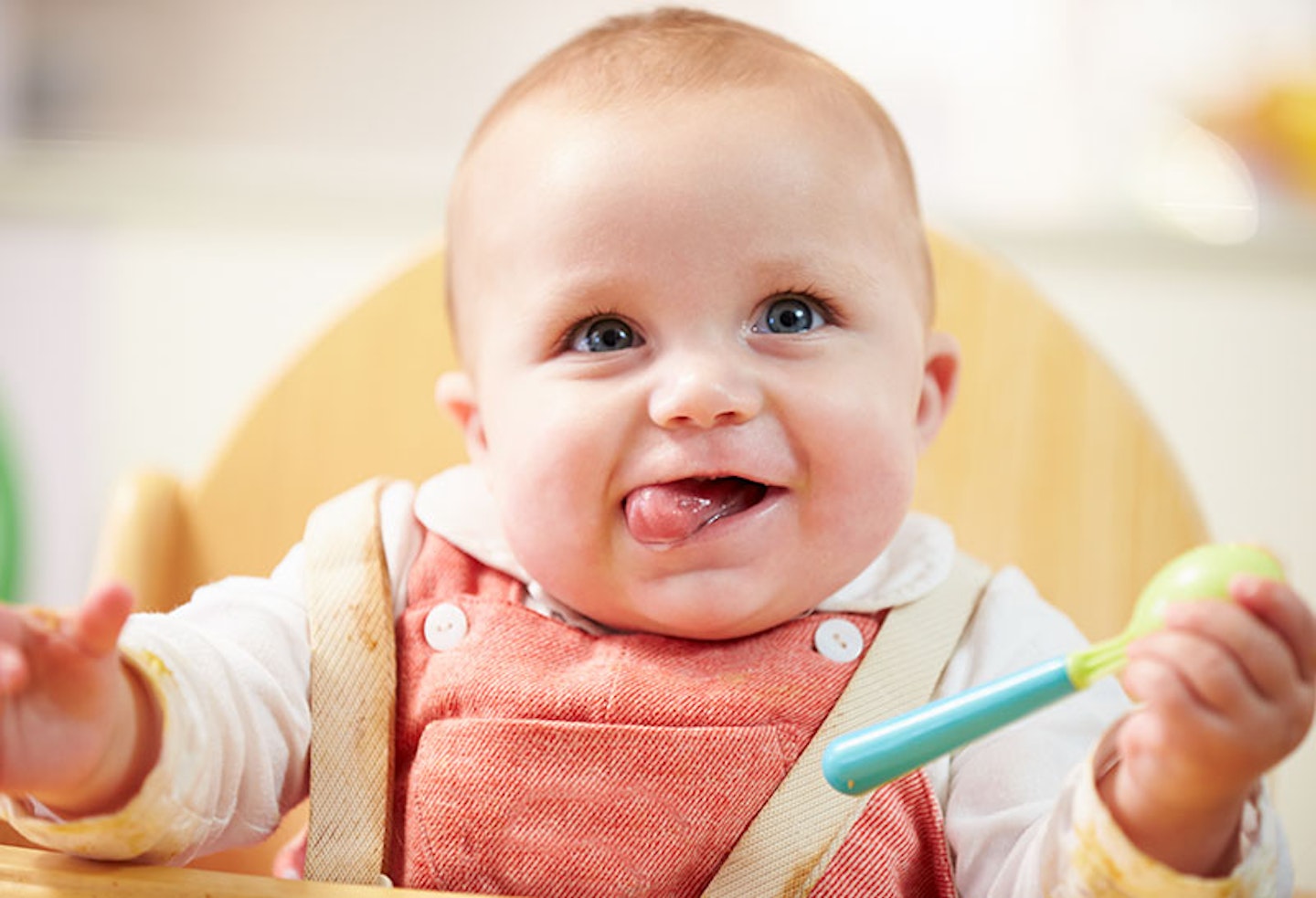 13 of 15
13 of 1513) Breastfeeding can help your baby get used to certain tastes
Breastfeeding could help get your baby used to certain flavours and tastes which might make it easier when weaning them in the future. As the flavour of breastmilk constantly changes, your baby is more likely to be used to variation in tastes. As well as this, continuing to breastfeed after they've started eating solid foods could help protect them against food allergies.
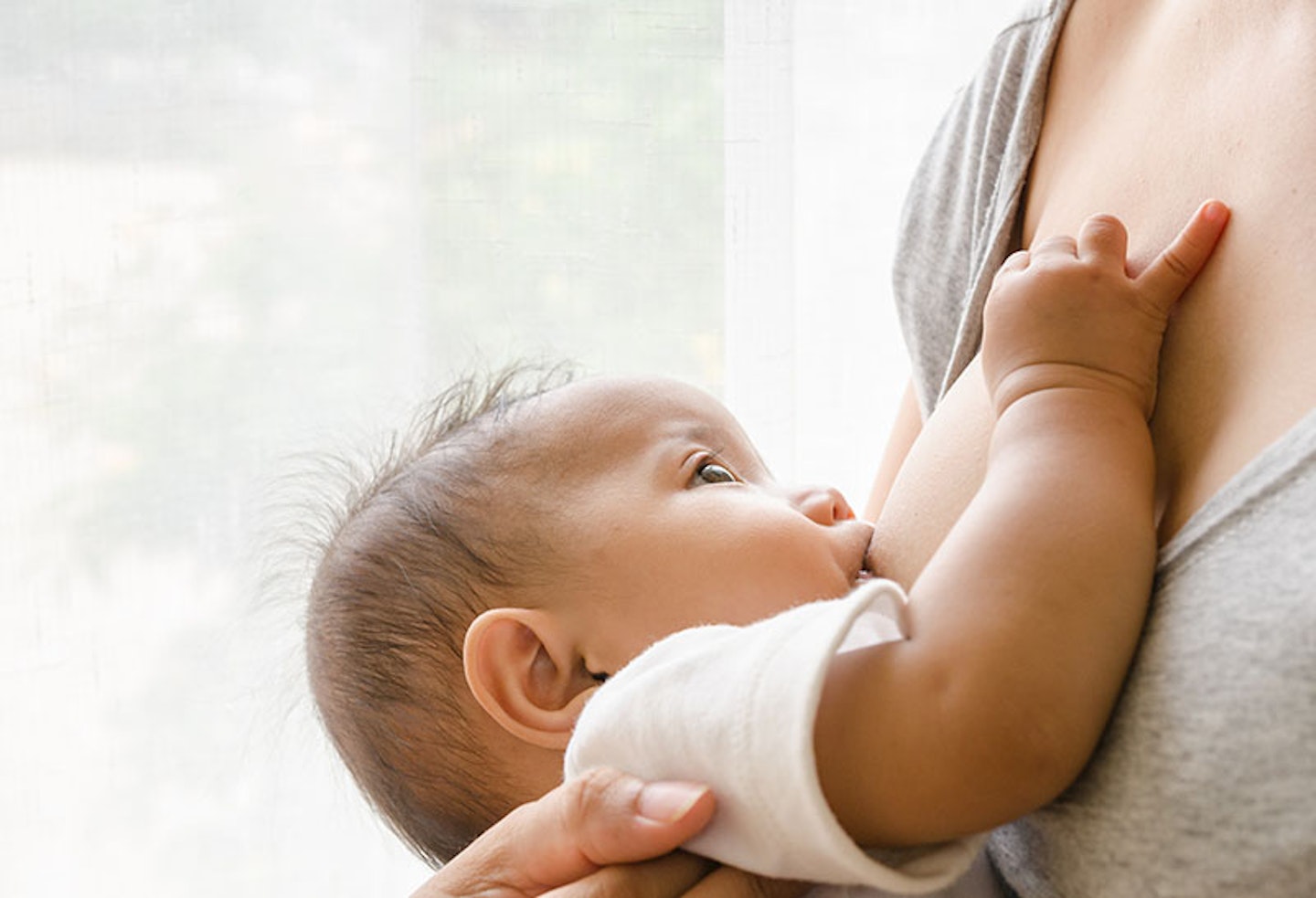 14 of 15
14 of 1514) Newborns have a very small stomach
The body produces very small quantities of the early milk, colostrum, because newborns only have the stomach size of a marble. New mothers might visualise feeding their child the kind of volume that would fill a bottle, however, in the early days only small amounts of milk are necessary.
 15 of 15
15 of 1515) Babies do not have to be awake to breastfeed
Many people think they have to wake up their baby if they fall asleep while feeding. However, babies are still capable of latching onto the breast AND feeding even whilst asleep. Sometimes 'dream feeding' can be beneficial for conditions like reflux as in their sleep state they are less likely to suffer with this or spit the milk back up.
